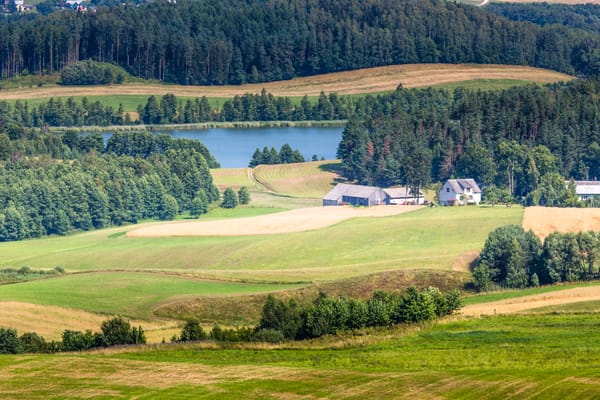
Lithuania steps up defence as ex-CIA chief cites Russian threat
“If Ukraine falls, Lithuania is next. That’s not speculative. It’s consistent with everything Putin has said and done,” Petraeus said.
A collection of 83 posts

“If Ukraine falls, Lithuania is next. That’s not speculative. It’s consistent with everything Putin has said and done,” Petraeus said.
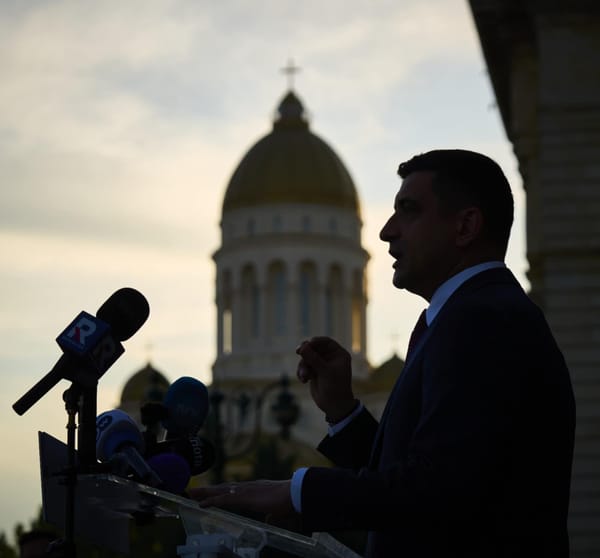
Far-right leader George Simion surged to a clear lead in the first round of Romania’s presidential election rerun, taking 40.9% of the vote ahead of the 18 May runoff that could reshape the country’s entire political trajectory. Simion, leader of the ultranationalist Alliance for the Union of
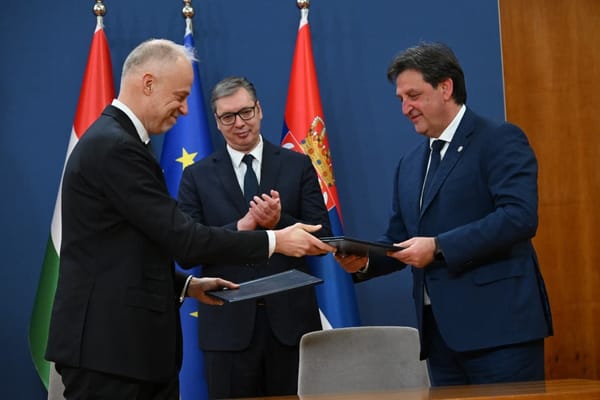
When Croatia, Albania and Kosovo recently formed a new military alliance, Serbia and Hungary followed suit, reshaping the security situation in South East Europe. Serbian Defence Minister Bratislav Gasic and Hungarian Defence Minister Kristof Szalay-Bobrovniczky earlier this month signed a bilateral military cooperation agreement in the Serbian capital of Belgrade.
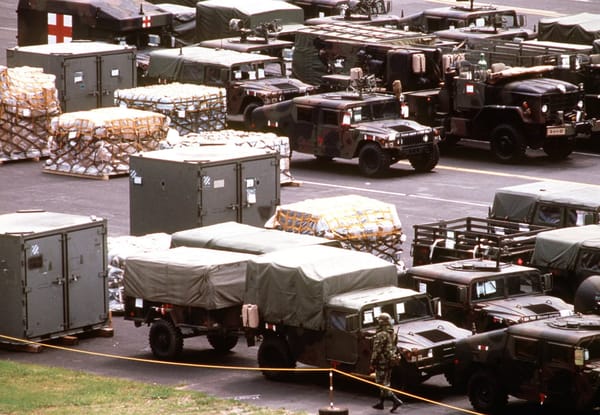
A total of three US soldiers were found dead while a fourth remains missing after their armoured recovery vehicle became submerged in a peat bog during a NATO training exercise near the Belarusian border in Lithuania on 25 March 2025. The incident occurred at the General Silvestras Zukauskas Training Area
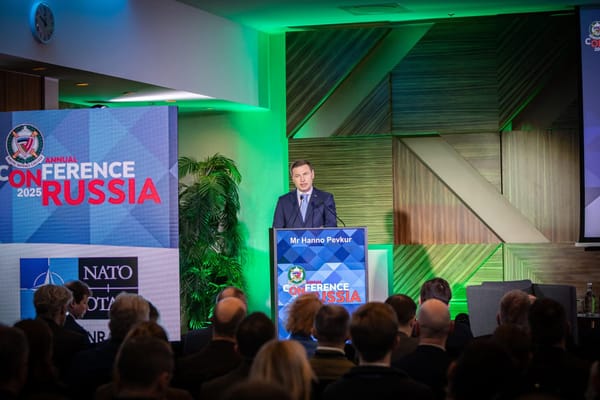
Estonian Defence Minister Hanno Pevkur pushed back on Tuesday against criticism of the country’s joint ammunition procurement strategy, defending multilateral arrangements as the most efficient way to ensure quick and cost-effective delivery. Pevkur, a member of the Reform Party, rejected claims that Estonia would have received munitions faster through
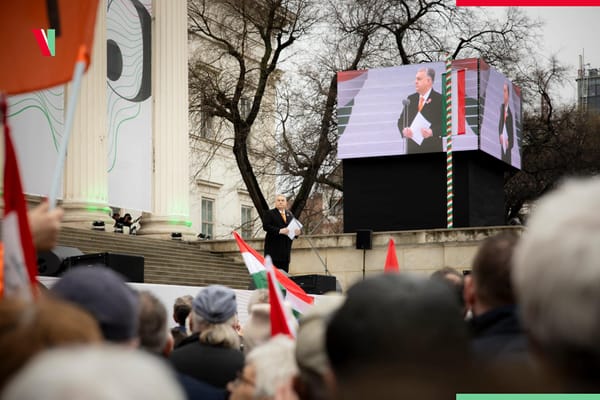
As political landscapes shift across Central and Eastern Europe (CEE), governments are recalibrating their approaches to Ukraine, European security, and internal governance. The region remains split between pro-European integration and nationalist, often pro-Kremlin, forces: Czechia and Poland reinforce their commitments to Ukraine, while Hungary and Slovakia align with Moscow. Meanwhile,
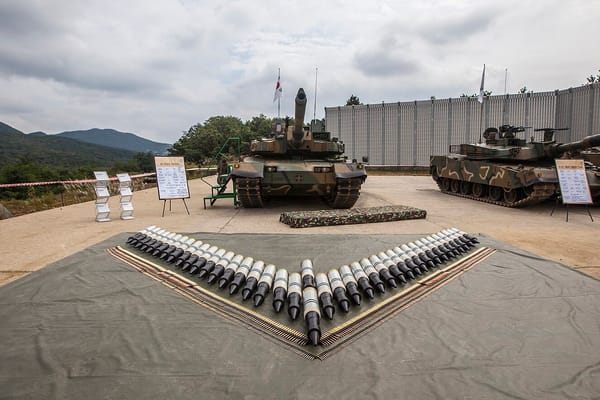
Poland is set to purchase an additional 180 K2 Black Panther main battle tanks for approximately USD 6.2bn (EUR 5.7bn), South Korean government officials announced on 9 March. The proposed agreement could be finalised as soon as next month and follows Poland’s earlier USD 12.4bn deal
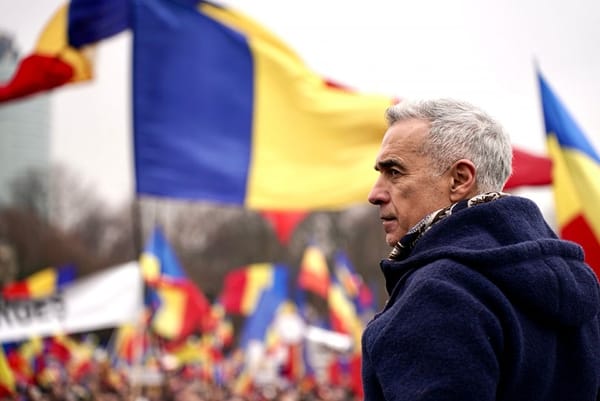
Romanian authorities are investigating far-right, pro-Russian politician Calin Georgescu over allegations of working against the constitutional order, spreading misinformation and supporting extremist organisations. The probe follows the annulment of the 2024 presidential election in which Georgescu secured the most votes in the first round. The vote was invalidated over concerns
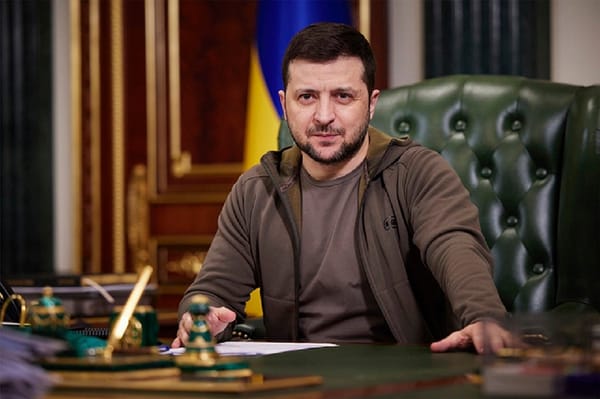
Ukrainian President Volodymyr Zelenskyy called on European leaders to step up their efforts towards peace in Ukraine during a string of high-level phone calls on Friday, 21 February, including several with premiers of Central and Eastern Europe (CEE) countries. Zelenskyy stressed that Europe must act more decisively, in a televised
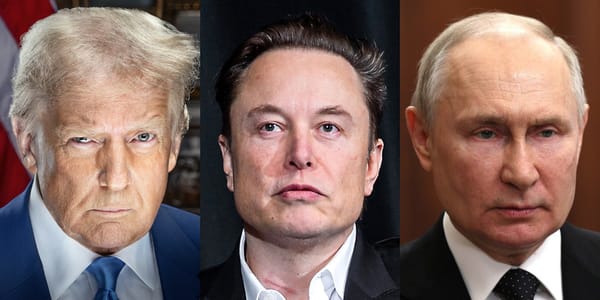
One of the most disappointing characteristics of our 21st Century is that while we live in a high-tech world, billions are still struggling under cruel political systems. Our century has seen many attempts to dethrone dictators. Surprisingly few prevailed. One exception was Ukraine, which overthrew Russian influence in February 2014,
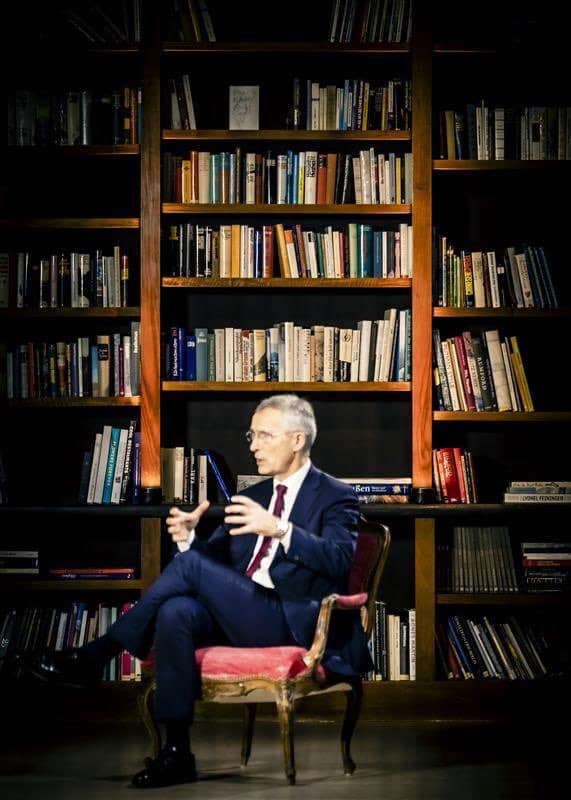
Leaders from Central and Eastern (CEE) countries Estonia, Latvia and Lithuania were among the signatories of an invitation to ex-NATO secretary general Jens Stoltenberg to draw up a white paper on regional defence collaboration, ahead of the alliance’s summit scheduled in The Hague, the Netherlands, in June. Stoltenberg will
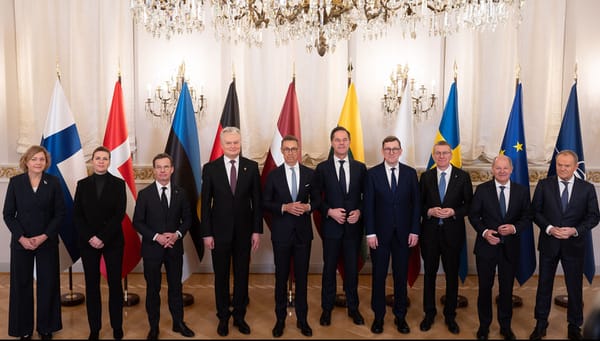
NATO deployed a multinational flotilla off the Estonian coast at the weekend to defend undersea infrastructure in the Baltic Sea amid escalating concerns of sabotage. Baltic Sentry aims to deter hybrid threats targeting power cables, pipelines, and data lines crucial to the region’s stability. Dubbed the “security camera of
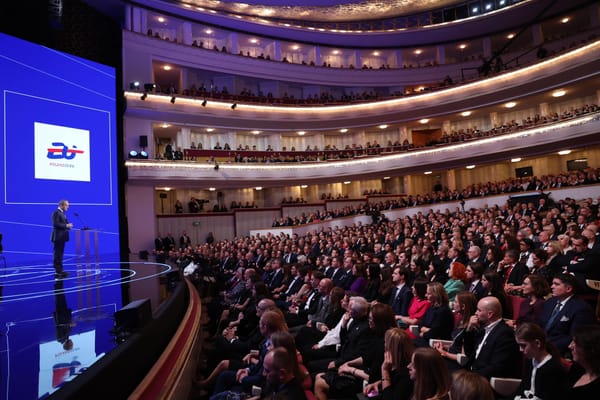
Polish Prime Minister Donald Tusk said he will prioritise security, defence and support for Ukraine while strengthening sanctions on Russia, at the launch event of his country’s presidency of the Council of the EU on 3 January, 2025. The gala began with a speech from Tusk, who outlined the
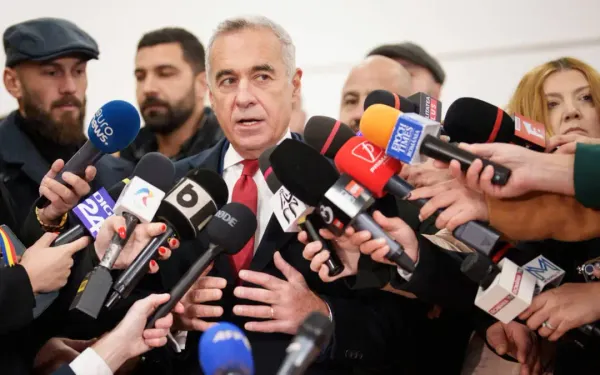
Romania’s Constitutional Court (CCR) annulled the country’s presidential election on Friday, 6 December after the emergence of evidence of Russian interference in the lead-up to the first-round vote late last month. Pro-Russian ultranationalist candidate and political newcomer Calin Georgescu unexpectedly won the first round of voting on 24
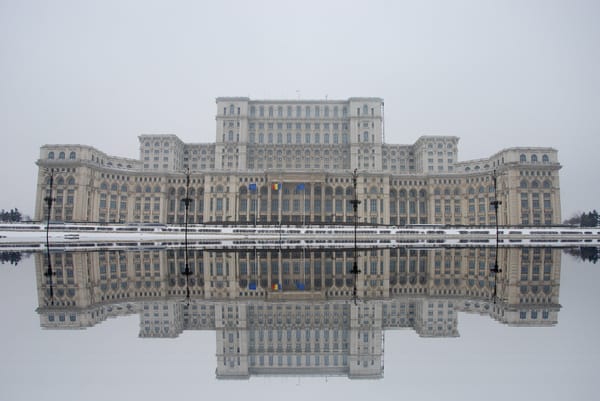
Romania’s ruling centre-left party came first in parliamentary elections, according to preliminary results, one week after the surprise victory of a far-right, anti-NATO presidential candidate in the first-round ballot. With 96.4% of votes counted, the ruling Social Democratic party (PSD) had 22.5% of the votes to the